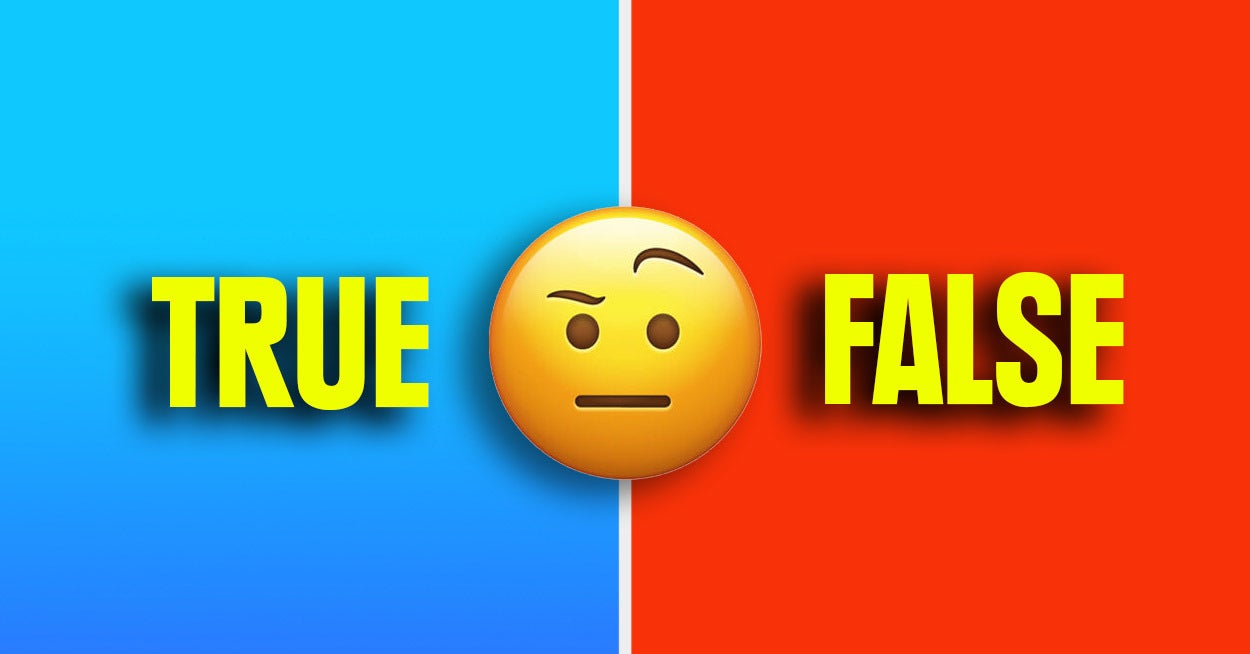Want to know the biggest WordPress security myths?
At the moment 28 percent of all internet is managed by WP (WordPress), yet most of its users know little about this potent CMS (content management system). Perhaps one of its most important aspects, the one about its security, is the one that is getting the most speculated about.
With this in mind, here are four popular WP myths that have little to no truth to them whatsoever. Still, this doesn’t prevent them from swaying public opinion one way or another.
1. Safety in Numbers – WordPress Security Myths
The first major misconception isn’t exclusive to WP but is commonly believed amongst most internet users. You see, some people believe that due to the fact that their website is just one of many (there are 644 million active websites at the moment), it isn’t interesting enough to get hacked. Well, this is outright wrong and there is no such thing as being not big enough for hackers to notice you.
As a matter of fact, your business being in its infancy might even attract some hackers who believe your cyber-security measures to be inefficiently developed to pose any kind of significant resistance to their attacks. Contrary to popular belief that only major corporations are a target of hackers, over 60 percent of all cyber-attacks are SMBs.
2. WordPress is an Insecure Platform – WordPress Security Myths
Another major misconception about the security of WP is that it is a platform with a weak protection system. Now, before we even start clearing this up, it is important to understand that this is the common case of mixing up the root of the problem and its repercussions. You see, WP is by far the biggest CMS out there, which means that its security spending by far surpasses those of its competitors.
Still, being the biggest name in the business also paints the largest target on its back. This means that the greatest number of cyber-attacks gets directed towards this CMS, which also leads to the largest number of breaches. These breaches, however, are more due to a personal error (weak password, outdated security system, etc.) than anything else.
3. Secure Username and Password Are Enough – WordPress Security Myths
In the previous section, we mentioned that a weak password or insecure username might be the cause of the downfall of your security. Unfortunately, this doesn’t mean that a secure username and password are enough to protect you on their own. Sure, by using one and the same password for several different sites you are compromising its safety.
Furthermore, using personal data, like your birthday date, pet name or a location of your honeymoon may come to compromise its safety.
Still, knowing how to make a strong password doesn’t make your website 100 percent safe. Things like phishing or data breaches still happen. According to experts behind a renowned SEO Company Perth, this is something you need to be especially mindful of.
4. SSL Certificate Is a Guarantee of Safety – WordPress Security Myths
Saying that SSL certificate is a guarantee of safety is like saying that a black belt in karate makes it safe for you to walk through a sketchy neighborhood around midnight. You see, SSL only protects the information while it is in transit between you and your visitor.
Unfortunately, it does nothing to protect the data that is housed on your website. In other words, while SSL definitely helps make your website safer, it isn’t an optimal tool for internet safety. It only helps protect your data in a specific situation. In order to recognize websites with SSL certificates, you merely need to look at site’s URL. Those starting with “https://” instead of “http://” are the ones with a certificate.
In Conclusion – WordPress Security Myths
The last thing you need to know is a fact that while WP is safer than its smaller counterparts (as is only natural) it isn’t innately safe or unsafe. Your online activity, percussion measures you take, security procedures you follow and firewall software that you use are what makes your website safe or unsafe – not your choice of CMS.
Main reasons why so many people are on WP are the facts that it offers a beginner-friendly learning curve, a lot of options for customization and the ability to assume the direct control over most aspects of your website.
Still, with great privileges come great responsibilities and taking care of your WP website’s security is just one of them. To make the long story short, when it comes to the overall CMS safety, there is no reason whatsoever for anyone to look further than WP.



